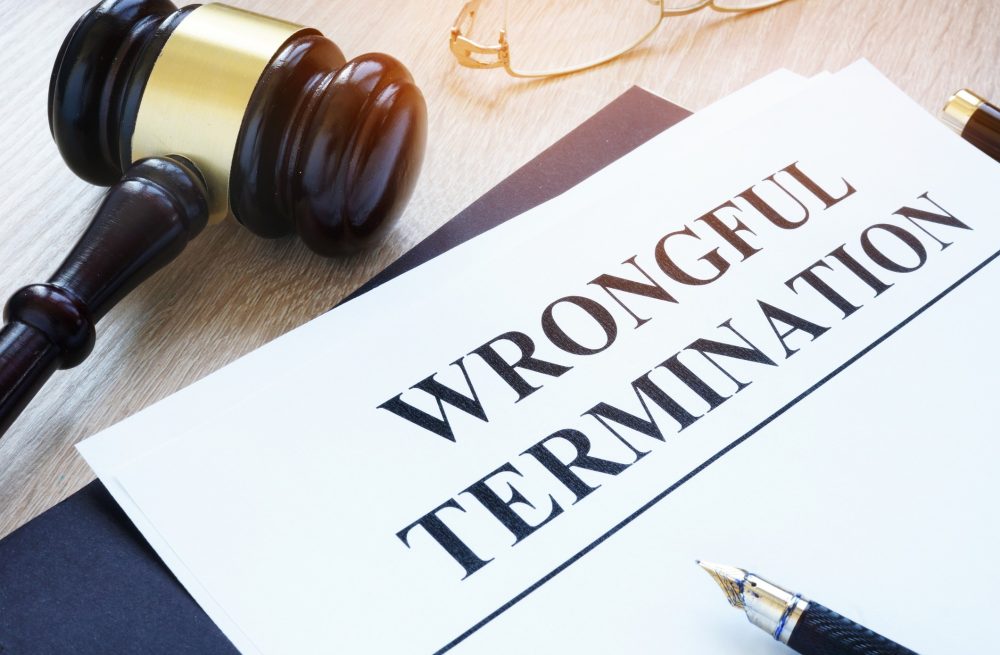In a recent case decided by the New Jersey Appellate Court, the plaintiff signed an arbitration agreement with PSEG when he first took a job with them in 2008. After he took another job with PSE&G, a PSEG subsidiary, in 2011, he was eventually terminated for various reasons including allegedly misconstruing his work hours and falsifying expense reports. The plaintiff brought suit against PSE&G and PSEG, alleging that his termination violated both the LAD and CEPA, as well as the common law. The trial court granted the defendants’ motion to compel arbitration and the appellate court affirmed, despite several of the plaintiff’s arguments.
The plaintiff argued that the arbitration agreement was not enforceable because of a 2019 amendment to the LAD that prohibits contract clauses from waiving any substantive or procedural right to remedy a discrimination, retaliation, or harassment claim. The court held that the clear language of the amendment only applied prospectively, not retroactively. The agreement between the plaintiff and PSEG was in 2008, and his transfer to PSE&G was in 2011, long before the LAD amendment became law in 2019. The court also declined to accept the plaintiff’s argument for the “time of decision rule,” which would have allowed the court to consider the amendment because it became effective before the hearing, even if it wasn’t effective when the arbitration agreement took place.
The plaintiff also argued that the arbitration agreement did not apply to his current dispute with PSE&G because it was made exclusively with PSEG and was not mentioned in his letter of employment with PSE&G. The court held, however, that that question was a threshold matter of arbitrability, which is reserved for the arbitrator. Moreover, the arbitration agreement referred to the federal standards of the American Arbitration Association and the Federal Arbitration Act (FAA). Those standards also state that the arbitrator shall have the power to determine the scope of the arbitration agreement. In addition, the New Jersey Supreme Court has held that the FAA is “the supreme law of the land” and also that when a contract delegates questions regarding the scope of arbitrability to an arbitrator, a court may not override that designation, even if the argument for applying the arbitration provision to a particular dispute is baseless.
Overall, the Appellate Court held that the dispute was governed by the arbitration clause, despite the 2019 LAD amendment and the issue between whether the agreement applied to PSEG or both PSEG and PSE&G. The court did, however, rule in David’s favor in one regard: it reversed the trial court’s decision to dismiss David’s claim with prejudice. Rather, it held that plaintiffs have a right to stay court proceedings when the dispute is referred to arbitration per a prior agreement.
If you are an employee or employer with questions regarding the scope of an arbitration agreement or any other concerns, feel free to contact Ward, Shindle & Hall for legal advice.

